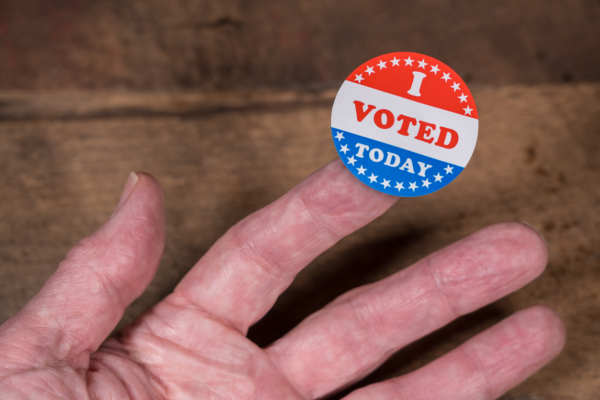
Older Americans helped propel President Trump to victory in 2016, but recent polling indicates that he is now underwater with senior voters. The president’s approach to the COVID crisis seems to be driving this change. In a recent Morning Consult poll, seniors’ approval of the President’s handling of the pandemic dropped 20 points since March, “and is now lower than that of any age group other than 18-29 year olds.”
“By a nearly 6-to-1 margin, people 65 years old and older say it’s more important for the government to address the spread of coronavirus than it is to focus on the economy. And as President Donald Trump increasingly signals interest in prioritizing economic interests, America’s senior citizens are growing critical of his approach.” – Morning Consult
It’s not surprising that when older voters see their peers dying in large numbers from COVID, mainly in nursing homes, that they might reject the administration’s handling of the crisis.
According to The Hill newspaper, seniors’ growing disapproval of the president may affect his prospects with this key voting bloc in November:
“Older voters view former Vice President Joe Biden as an ‘appealing alternative’ to Trump. Recent polling indicates that the former vice president now holds a 10-point advantage over Trump with older American voters.” – The Hill, 5/26/20
Trump is also trailing Biden in the key swing state of Florida, where the president beat Hillary Clinton by 17 points among seniors. In an April Quinnipiac poll, Biden had a 10-point edge on Trump with older Florida voters.
It can be argued that this shift in senior voter sentiment began in 2018, when older voters (who President Trump won by seven points in 2016) roughly split their votes between the two major parties, helping Democrats recapture the House.
“Nationally, Democrats won in 2018 because when it came to ‘the deciders’ — those Americans age 50 and up—they fought Republicans to a draw.” – Politico, 2018
The 2018 results no doubt pivoted on seniors’ understandable concerns about Trump and his party’s attempts to strip millions of Americans of health coverage (through repeal of the Affordable Care Act), including crucial protections for the pre-existing conditions that older patients typically experience.
In fact, there are plenty of other good reasons for seniors to re-evaluate their past support of Donald Trump. Before the 2018 elections, we urged older Americans to vote in their own interests and oppose congressional candidates who supported the President’s agenda on Social Security, Medicare, and a host of issues affecting seniors.
Since taking office, President Trump has blatantly broken his campaign promises “not to touch” seniors’ earned benefits. His administration has proposed deep cuts to Social Security Disability Insurance, Medicare, and Medicaid (which covers long-term care services and supports). The administration has shown a preference for private Medicare Advantage plans over traditional Medicare to the detriment of enrollees. Trump’s annual budgets have called for eliminating federal grants for programs that feed low-income seniors and keep their homes warm in the winter.
Most recently, the President has crusaded for a payroll tax cut that would reduce the revenue streams for Social Security and Medicare, placing the future of seniors’ earned benefits at unnecessary risk. In fact, the White House continues to explore proposals that would similarly misuse Social Security funding for unrelated purposes.
Seniors are savvy. They may have believed President Trump’s promises in 2016, but now they’ve seen and heard enough from this administration to know when they’re being played. Because seniors are one of the nation’s most reliable and enthusiastic voting blocs, that does not bode well for his re-election prospects in 2020.


